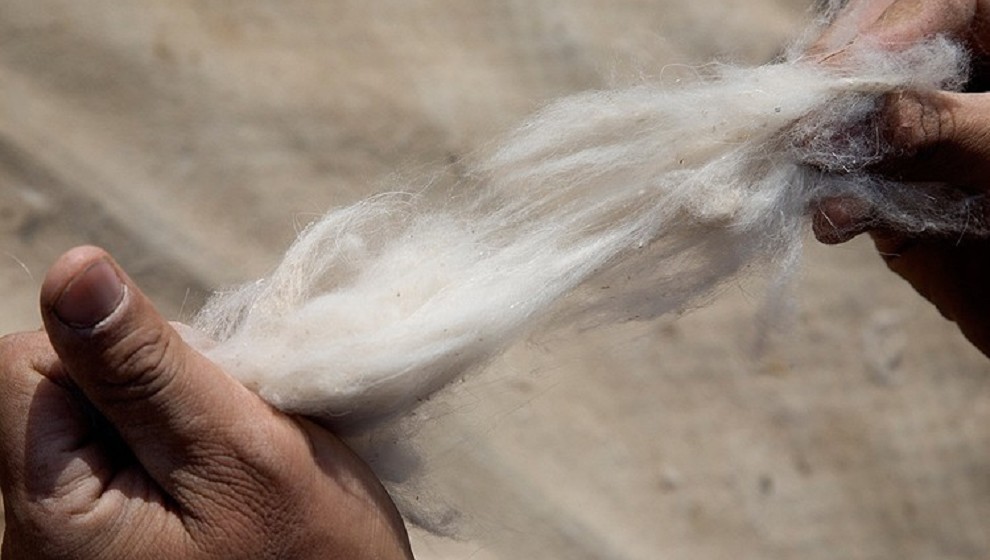Factors You Should Need Cashmere an All-natural Fiber for Comfort and Elegance in Everyday Put On
In the realm of textiles, couple of fibers measure up to the high-end and convenience of cashmere. This distinct material, known for its premium softness and insulation, gives exceptional convenience and elegance for daily wear. What sets it apart from various other fibers? Just how does it affect the environment and how does it contrast to artificial choices? Just how can one best use cashmere to raise their design? These fascinating questions lay the foundation for an enlightening expedition into the world of cashmere.
Understanding the Luxurious Nature of Cashmere

Evaluating the Convenience Aspect of Cashmere Garments
What top qualities underscore the convenience aspect of cashmere garments? The gentleness of cashmere is the first quality to take into consideration. Its deluxe structure makes it seem like a second skin, giving warmth without the weight or itchiness connected with various other wool items. In addition, cashmere's special fiber structure allows for breathability, controling temperature level and stopping overheating. The material's adaptability and longevity make certain that it mold and mildews against the body conveniently, maintaining its shape over time. Cashmere's hypoallergenic homes also add to its comfort, making it an excellent option for delicate skin. The capability to layer cashmere items without bulkiness increases the convenience element. Essentially, the comfort of cashmere is stemmed from its softness, breathability, toughness, hypoallergenic nature, and web link flexibility.

The Ecological Impact and Sustainability of Cashmere
While the convenience and beauty of cashmere are most certainly attractive, it's equally crucial to consider its connection with the environment. Cashmere manufacturing, mainly in Mongolia and China, entails elevating cashmere goats, which can significantly stress delicate meadow environments due to overgrazing. Efforts are being made to develop sustainable cashmere production techniques, such as rotational grazing and cleaner handling methods.
Contrasting Cashmere to Synthetic Fibers: A Cost-Benefit Analysis
Despite its environmental challenges, cashmere presents an unique set of benefits over synthetic fibers. Cashmere's natural fibers provide best site unmatched soft qualities and heat, converting right into comfort that synthetic fibers struggle to match. Unlike artificial fibers, cashmere doesn't contribute to microplastic pollution, making it an extra lasting option.
Styling Tips With Cashmere for Everyday Beauty
Having taken into consideration the cost-benefit analysis of cashmere compared to artificial fibers, it becomes clear why this lavish material is a preferred selection for numerous. When styling cashmere for day-to-day beauty, simpleness is key. Eventually, the inherent sophistication of cashmere makes it a functional addition to any type of closet, effortlessly boosting everyday outfits with a touch of deluxe.

Final Thought
In summary, the remarkable residential or commercial properties of cashmere make it a valuable enhancement to any type of wardrobe. Its lavish feeling, adaptability, convenience, and breathability to differing temperature levels are exceptional. On top of that, cashmere's sustainability and reduced environmental influence compared to artificial fibers even more boost its appeal. The classic beauty of cashmere, integrated with its flexibility, includes refinement to everyday wear. Spending in cashmere garments is a beneficial choice for comfort, sustainability, and style.
